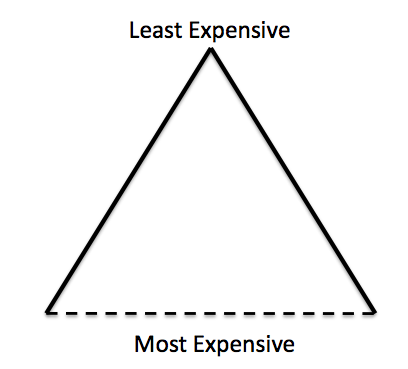Vi kommer ihåg sommaren 2018 och hur det varma och torra vädret fick konsekvenser med nödslakt och minskad mängd foder och lägre skördar. Vi kunde fortsätta konsumera till lite högre priser, men om det blir ett återkommande fenomen så kan även vi få svårt med försörjningen av livsmedel. Då detta är inte bara är ett lokalt problem utan vi kan se detta hända globalt också.
Denna video går in på detta, mer finns i rapporten längst ner.
Abstract
Crop yields are projected to decrease under future climate conditions, and recent research suggests that yields have already been impacted. However, current impacts on a diversity of crops subnationally and implications for food security remains unclear. Here, we constructed linear regression relationships using weather and reported crop data to assess the potential impact of observed climate change on the yields of the top ten global crops–barley, cassava, maize, oil palm, rapeseed, rice, sorghum, soybean, sugarcane and wheat at ~20,000 political units. We find that the impact of global climate change on yields of different crops from climate trends ranged from -13.4% (oil palm) to 3.5% (soybean). Our results show that impacts are mostly negative in Europe, Southern Africa and Australia but generally positive in Latin America. Impacts in Asia and Northern and Central America are mixed. This has likely led to ~1% average reduction (-3.5 X 1013 kcal/year) in consumable food calories in these ten crops. In nearly half of food insecure countries, estimated caloric availability decreased. Our results suggest that climate change has already affected global food production.
Källa: Climate change has likely already affected global food production
__________________









